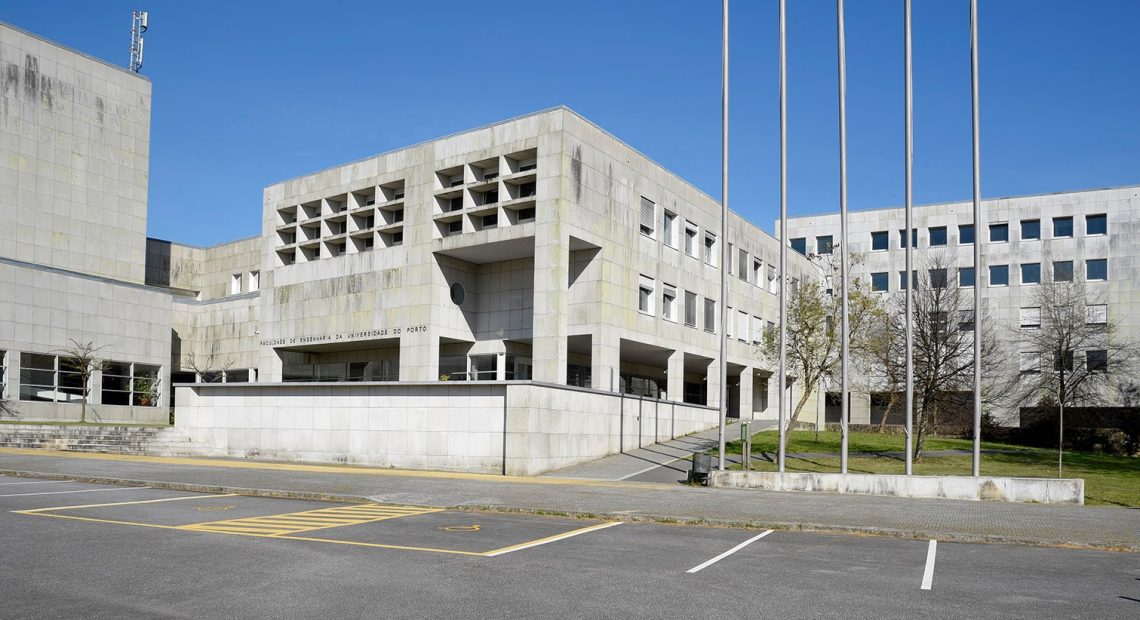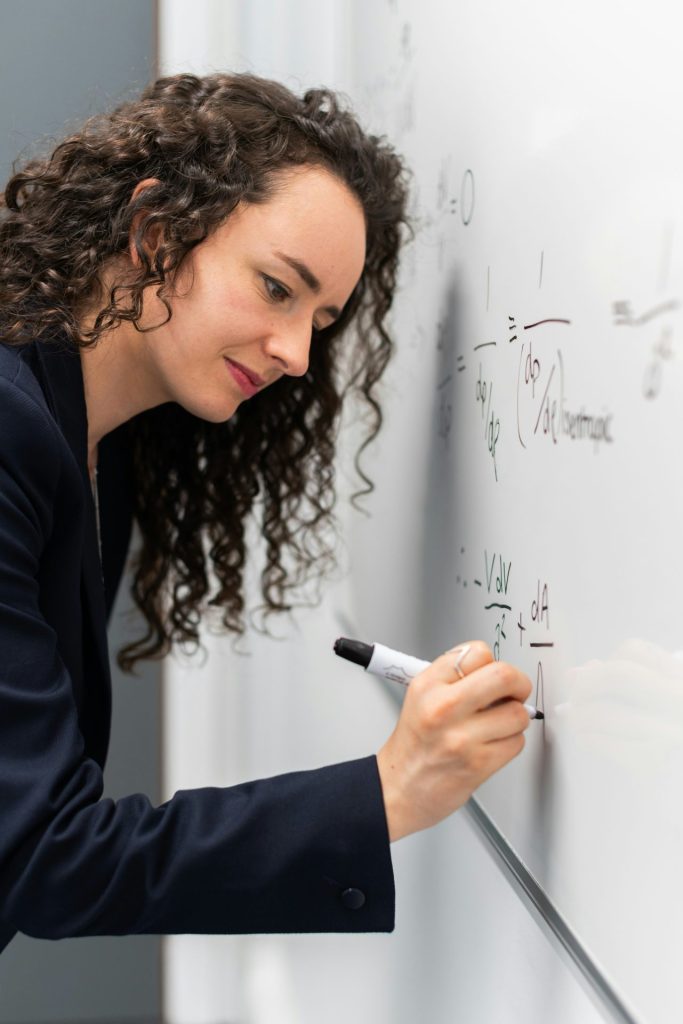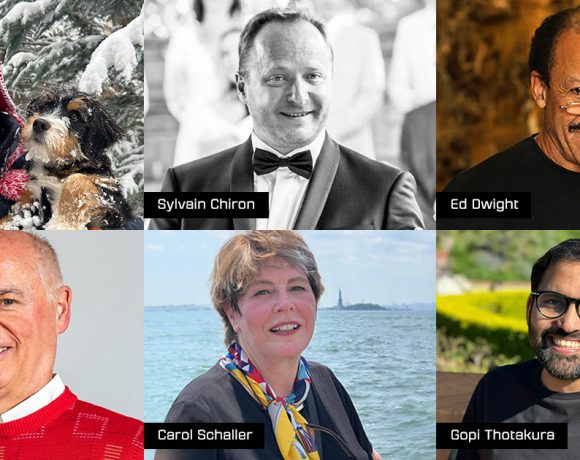University of Porto unveils aerospace engineering degree programme

Admissions open on July 22, 2024
The University of Porto is launching a new bachelor’s degree in aerospace engineering, marking a significant expansion in higher education offerings within Portugal’s space sector.
Following in the footsteps of other Portuguese institutions like Aveiro and Minho, the new programme at the University of Porto’s Faculty of Engineering (FEUP) aims to meet the increasing demand for skilled professionals in aerospace technology.
Approved by Portugal’s Higher Education Assessment and Accreditation Agency, the aerospace engineering degree at FEUP will commence this academic year with an initial offering of 30 vacancies.
Applications for the 2024/2025 academic year open on July 22, 2024, showcasing the university’s proactive approach to attracting top-tier talent to aerospace technology.
In recent years, aerospace engineering programmes have consistently ranked among the most competitive in Portugal.
The inaugural year of aerospace engineering at the University of Minho saw all vacancies filled during the initial application phase, with the last admitted student boasting an impressive average grade of 18.86.
Aerospace education
This trend underscores the growing popularity and the high academic standards associated with aerospace education in Portugal.
FEUP’s decision to introduce aerospace engineering aligns with Portugal’s strategic initiatives, including the Portugal Space 2030 Strategy, emphasising the need for robust training programmes to support the country’s expanding space sector.

According to Albertino Arteiro, head of FEUP’s aerospace engineering programme, the curriculum will provide students with a comprehensive understanding of aerospace systems, preparing them to contribute effectively to industry advancements from preliminary design to testing.
Ricardo Conde, President of the Portuguese Space Agency, has welcomed the move, highlighting its importance in nurturing a skilled workforce to sustain Portugal’s space ecosystem growth.
He stressed that initiatives such as Astronaut for a Day and the European Rocketry Challenge are crucial in inspiring young talents towards careers in aerospace and related fields.
“The space sector isn’t just about engineers,” Conde said. “It requires professionals from diverse backgrounds such as biology, law, and management to foster innovation and ensure sustainable growth.”
Introducing the Aerospace Engineering programme at FEUP represents a significant milestone in Portugal’s academic landscape. It will expand student opportunities and bolster the country’s position in the global aerospace industry.
With Portugal now offering four dedicated Aerospace Engineering courses across various universities, totalling 250 vacancies, the European nation is poised to meet the increasing demand for skilled professionals in the dynamic and challenging aerospace field.
As applications open for FEUP’s aerospace engineering programme, anticipation is high among prospective students eager to embark on careers at the forefront of technological innovation and exploration.
The launch of this degree not only reflects FEUP’s commitment to academic excellence but signals Portugal’s readiness to play a pivotal role in shaping the future of aerospace technology.
Featured image: The new 2024/2025 programme is being conducted at the University of Porto’s Faculty of Engineering. Credit: University of Porto













